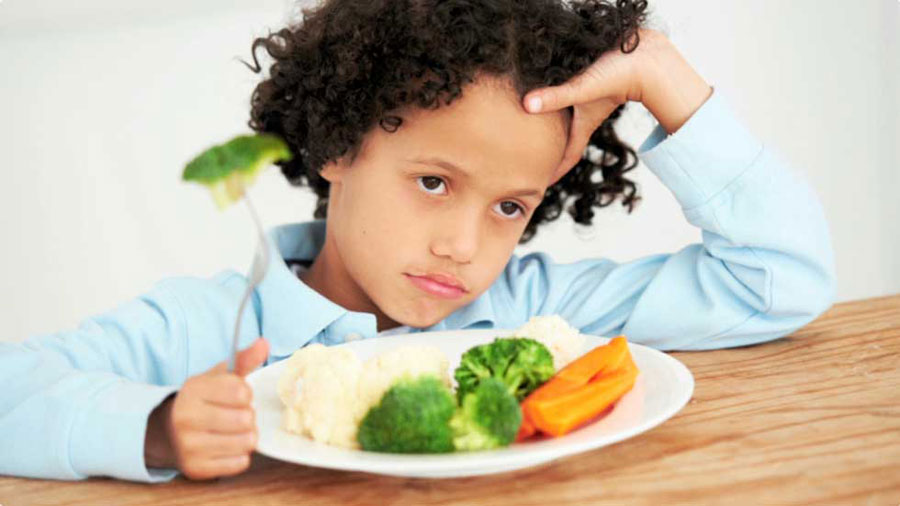
Temperament determines which kids will resist new foods, study suggests
(HealthDay News) — For some parents, introducing new items to their baby’s diet seems like a losing battle. But the food itself might not be the problem. Personality may predict which infants will become picky eaters, a new study contends.
Being more inhibited increases the chances that an infant will resist new foods, researchers found.
“From the time they’re very young, some infants are more ‘approaching’ and react positively to new things, whereas other infants are more ‘withdrawing’ and react negatively to the same stimuli,” said study author Kameron Moding.
“But very few studies have examined whether infants show similar approach and withdrawal behaviors in response to new foods, so this is what we wanted to investigate,” added Moding. She is a postdoctoral fellow at University of Colorado, Denver.
For the study, the researchers observed how 136 infants responded to new foods and new toys during their first 18 months of life. The findings showed that those who were reserved about new toys tended to be less accepting of new foods.
That suggests a link between personality and attitudes about food, the study authors said.
“It was striking how consistently the responses to new foods related to the responses to new toys,” Moding said in a Penn State news release.
“Not only were they associated at 12 months, but those responses also predicted reactions to new objects six months later. They also followed the same developmental pattern across the first year of life,” she added.
Even if they experience setbacks, parents should not give up trying to get children to eat a varied diet, said Moding, who received her doctorate in human development and family studies from Penn State.
“Keep trying! Research from other labs has consistently shown that infants and children can learn to accept new foods if their caregivers continue to offer them,” Moding said. “It can take as many as eight to 10 tries, but infants and children can learn to accept and eat even initially disliked foods.”
The study was published Aug. 2 in the journal Child Development.
More information
The American Academy of Pediatrics has more on nutrition.
SOURCE: Penn State, news release, Aug. 2, 2017